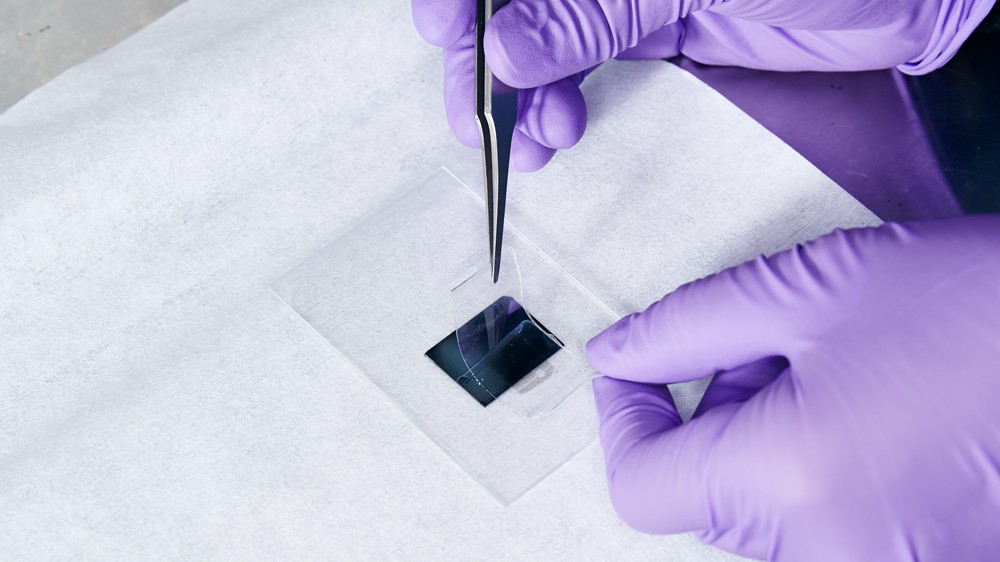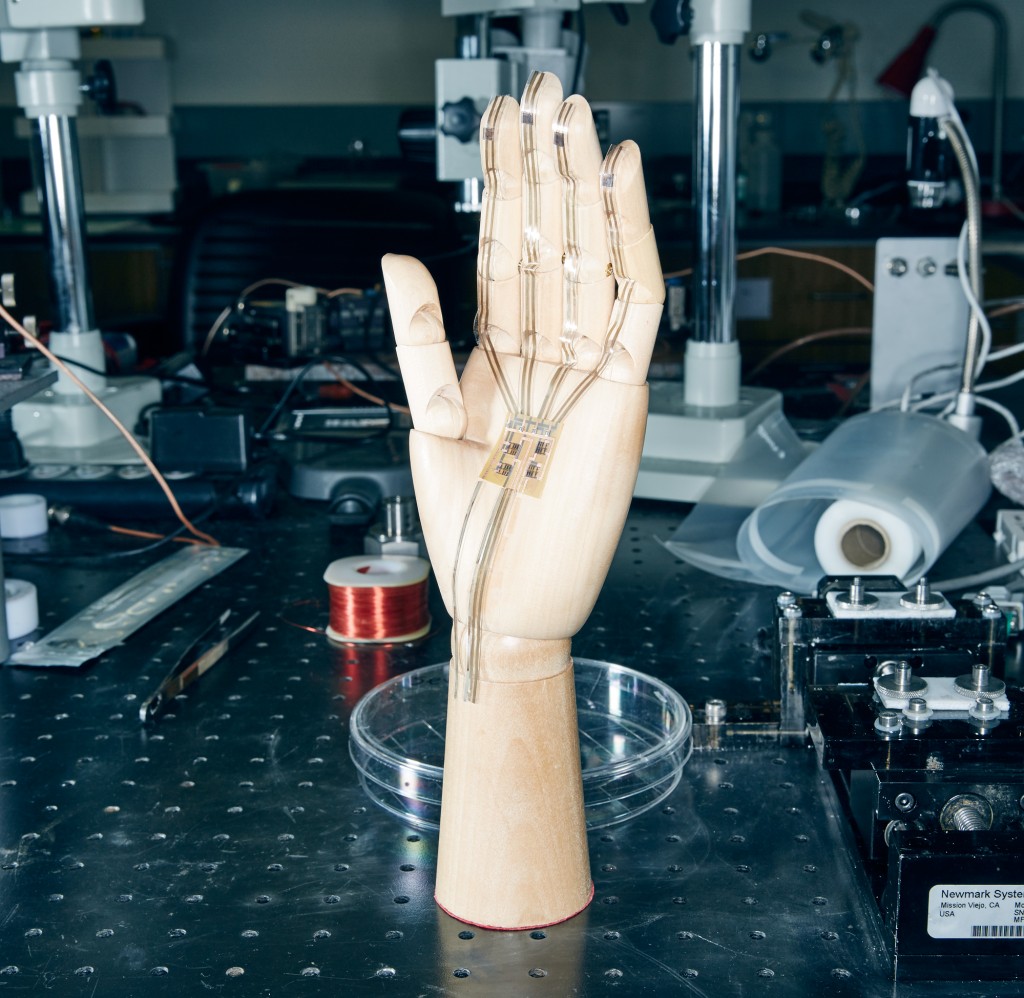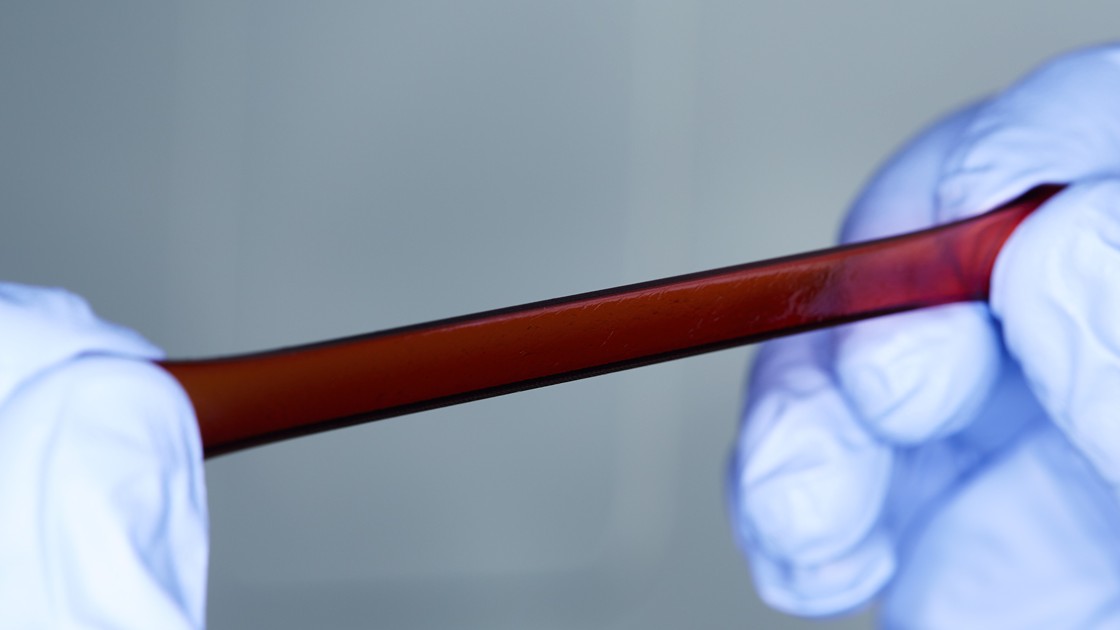Researchers take one step closer to touch-sensitive prosthetics

Researchers at Stanford experiment on rubber materials to make an elastic material capable of sensing pressure. Image Stanford University
Stanford researchers are currently making strides in creating artificial skin-like material that can give back the sense of touch to individuals who rely on prosthetic limbs.
According to MIT Technology Review, the team is being led by Zhenan Bao who hopes to wrap prosthetics with an electronic “skin” that senses pressure, processes sensory data, and even heals when cut.
Bao’s team utilizes rubber materials to mimic the elasticity of human skin. They then build electronic materials on the rubber or mix them with it. They also mix in carbon to make touch sensors. The rubber then becomes electrically conductive and the voltage would change whenever it is pressed. To increase sensitivity, they cover the touch sensors with microscale pyramids. This is similar to the whorls of human fingerprints.

The team attempted to print stretchable sensors on this wooden hand to see how they can be applied to prosthetics.
Depending on the design, the materials can be made to be as sensitive as human skin.

This material that Bao developed is more elastic than human skin and can ‘heal’ itself when cut. Image Stanford University
They also developed a kind of polymer that is more elastic than human skin and also heals like it when cut without the need for external triggers. It can also expand and contract when an electric field is applied like an artificial muscle.
The team is currently working on different circuit designs that can be applied on prosthetics and will send signals to the nervous system of amputees. When all the pieces are put together, Bao hopes that amputees will regain their dexterity as well as their sense of touch. Alfred Bayle